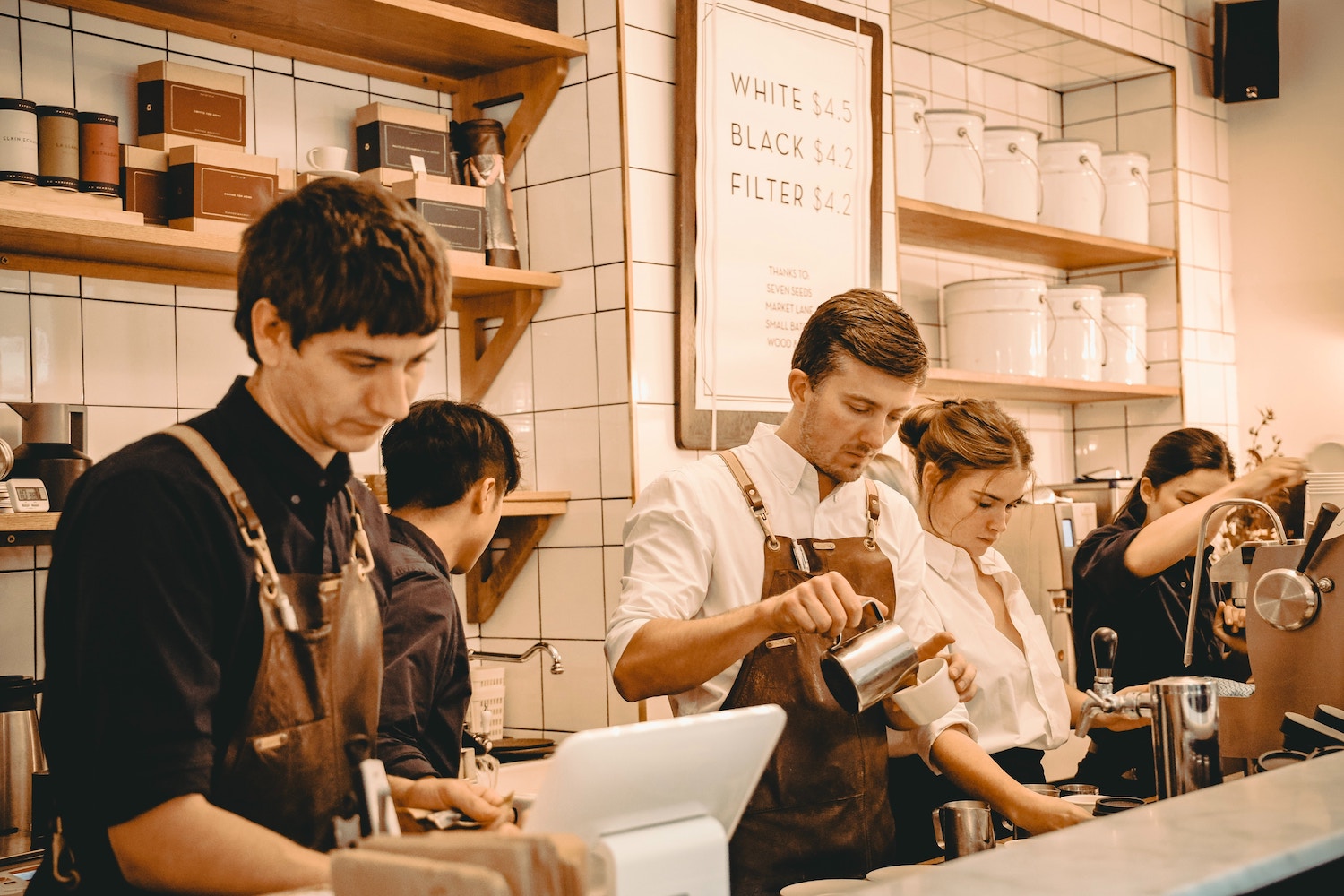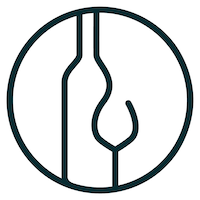
Hospitality businesses are reliant on superior customer service to thrive. Excellent service in such a dynamic, fast-paced environment is achievable through various methods, such as positive reinforcement in training. This transformative approach yields positive outcomes both during and subsequent to training, thereby ensuring employees remain motivated and loyal. Many other benefits attest to the power of positive reinforcement in hospitality training; let’s discuss them.
What Is Positive Reinforcement and How Does It Work?
Positive reinforcement encourages certain behaviours through various forms of reward. It can be implemented in multiple ways, from praising employees when they improve their techniques or perfect new skills to recognising a team for successful collaboration. Rewards are another excellent form of positive reinforcement.
What Are the Benefits of Positive Reinforcement?
From day one of a new job or training, positive reinforcement is critical in boosting and maintaining employee morale, fostering a positive working and learning environment, and improving staff retention. A positive working environment makes employees happier, resulting in enhanced customer service. Positive reinforcement can also improve performance, productivity, and problem-solving skills; and promote more efficient operations. These benefits result in a critical advantage – an improved bottom line.
Types of Positive Reinforcement
There are various types of positive reinforcement, each of which can be employed under different circumstances and tailored for different individuals.
Examples of positive reinforcement:
- Verbal affirmation, such as praise or positive feedback to affirm someone’s actions or progress, can be powerful in the moment.
- Tangible reinforcement can provide a more concrete form of achievement. A paid day off, a bonus, or employee-of-the-month recognition are all good examples.
- Social reinforcement, such as team celebrations and public commendations, are also great ways to foster camaraderie and collective achievement.
How To Use Positive Reinforcement in Hospitality Training
There are various ways to integrate positive reinforcement with hospitality training. Remember that positive reinforcement must be consistent, immediate, and meaningful for the best results. Let’s discuss some positive reinforcement methods which can be applied to hospitality training.
Set Clear Expectations
Define success and ensure your students or employees understand what is expected of them. Once they know what skills and behaviours they must demonstrate, they know what they are working towards.
Give Immediate Feedback
Verbal praise, or a gesture of approval when someone is doing something correctly, helps to reinforce what someone has learnt and encourages them to repeat it.
Give Regular Rewards
Implement a rewards system for trainees and employees who consistently perform well. These rewards could be monetary, a day off, a certificate or the opportunity to lead projects or tasks.
Encourage Peer Recognition
Training and working environments where peers can compliment each other’s good work foster a culture of mutual respect and appreciation. Team activities can enhance peer recognition.
The Right Type of Reinforcement
Each team or class member may be motivated by different forms of positive reinforcement. Take note of the needs of each individual so that all trainees feel appreciated and encouraged in a way that resonates with them.
Encourage Growth
As a trainee learns and masters a new skill, keep encouraging them to take on more challenging tasks. With positive reinforcement, you can push trainees to master increasingly complex tasks.
Whether you’re training a new team, onboarding a new employee, or sending your employees for external training, never underestimate the value of positive reinforcement. Complete Hospitality Training actively applies this principle, and our success is a testament to the power of positive reinforcement in hospitality training. Consider our training services to boost your team’s performance.




